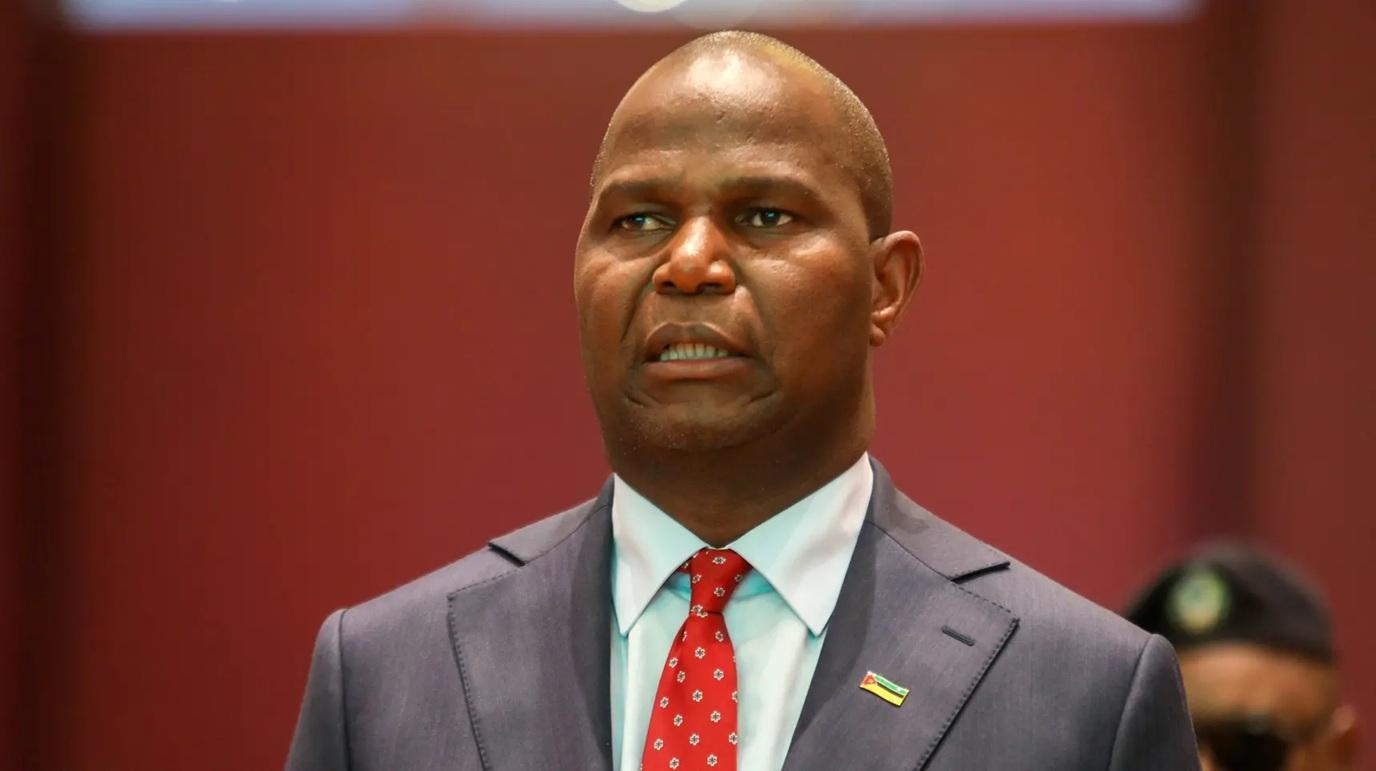Africa-Press – Mozambique. Climate change does not discriminate between rich and poor countries and will eventually affect the entire planet, said President Daniel Chapo, which is why multilateralism needs to be strengthened to respond to this global challenge.
“Climate change is not choosing between the rich and the poor, the developed and the undeveloped, the developed and the developing. Climate change affects us all. It is important that both countries and people understand this,” said President Chapo, in an interview with the Lusa news agency in Seville, where he was participating in the 4th International Conference on Financing for Development of the United Nations whose plenary meeting and closing session is held this Thursday in Seville, Spain.
In statements to Lusa, Daniel Chapo stressed that to minimize climate change and its effects, global unity is needed and common mechanisms need to be found.
“The signal is that we are all going to die”, said the Mozambican president, insisting that, should there be no action in relation to climate and “climate finance” in the most vulnerable and developing countries, the rest of the planet will end up suffering impacts.
The 192 UN member countries present in Seville adopted the “Seville Commitment” document on Monday, at the start of the conference, in which they made commitments for the next decade in terms of international cooperation and financing for development, which the UN says currently has a deficit of US$4 trillion (around €3.4 trillion) per year.
Daniel Chapo welcomed the conference and the content of this document, considering that it “reiterates the importance of multilateralism”, at a time when there is a growing “wave of nationalism” and “a current that does not believe much in multilateralism” in the world.
“No country is going to develop in isolation. It is very important that there are multilateral financing mechanisms because they allow the world to understand where we are going and what solutions we can bring,” he stated.
Daniel Chapo insisted that he does not undervalue bilateralism nor does he consider bilateralism not important: “I continue to believe that both paths are very important for the development of the world”.
“Therefore, the ‘Seville Commitment’ is very important in this sense, it reiterates the importance of multilateralism and we believe that we must continue to work on both paths,” he stressed.
The President of Mozambique brought to this UN conference a proposal to create a “global partnership for climate finance”, with the creation of a ‘Climate Fund’ that “allows all countries, including both the so-called developed and the so-called developing countries, to carry out projects that cause less damage to the ozone layer”.
This proposed Climate Fund, explained Daniel Chapo, would also have another perspective, one that underlines that “geography is not fair”, or a “compensation” perspective, since there are countries that have contributed the most and continue contributing the most to polluting emissions and climate change, but the consequences affect everyone, even those, or especially those that have contributed little or nothing to the environmental crisis.
This is the case of Mozambique, a country on the Indian Ocean coast that “cyclically suffers” from extreme weather events, such as floods or anticyclones, which destroy “infrastructure, public and private assets” and place local communities “already vulnerable in a situation of extreme poverty”.
“When I talk about climate finance, I mean it from two perspectives. The first is that there should be a kind of compensation, in the sense that those who emit more can actually find a way to minimize or compensate for the damages of others who are geographically located in a more vulnerable way,” explained Daniel Chapo. He advocated, for example, more projects and agreements to convert sovereign debt from developing countries into green projects, in areas such as energy.
In this context, Chapo advocated the creation of new multilateral development banks or of new national development banks focused on these objectives and which would be the managers of funds from the global climate fund proposed by Mozambique, working together with the private sector.
The United States, the country that contributes the most to international public development aid, was left out of the Seville Commitment. On the other hand, around 60 heads of state and government from the 193 UN countries, the majority from developing countries, visited Seville, in a clear imbalance of high-level representation in relation to the richest countries.
Daniel Chapo further highlighted that all UN countries except the U.S. were represented in Seville, that “the presence of the heads of state of developing countries is a strong sign of the importance of multilateralism” and that the Seville Commitment was negotiated with all members states of the United Nations, in depth.
For More News And Analysis About Mozambique Follow Africa-Press






